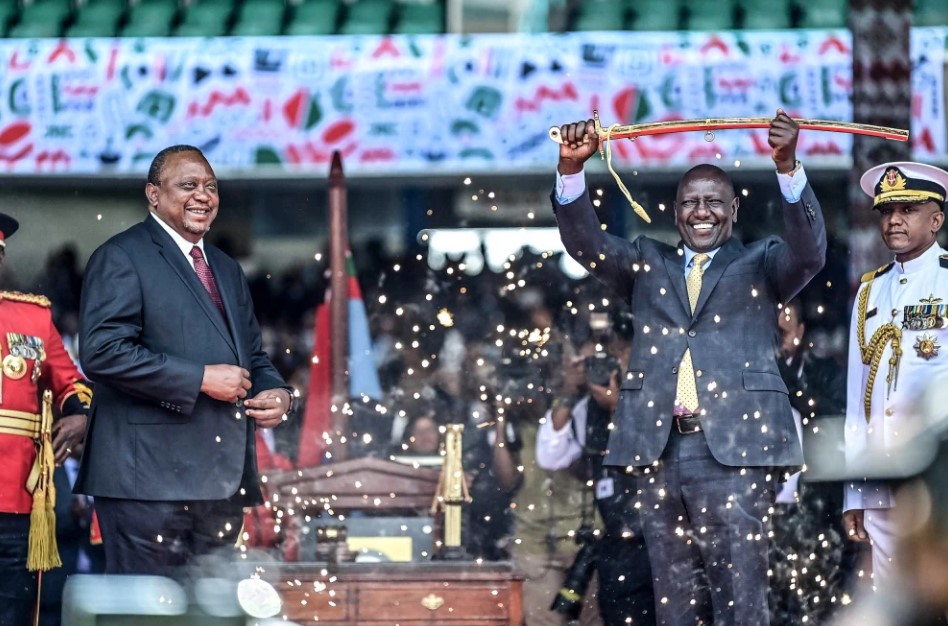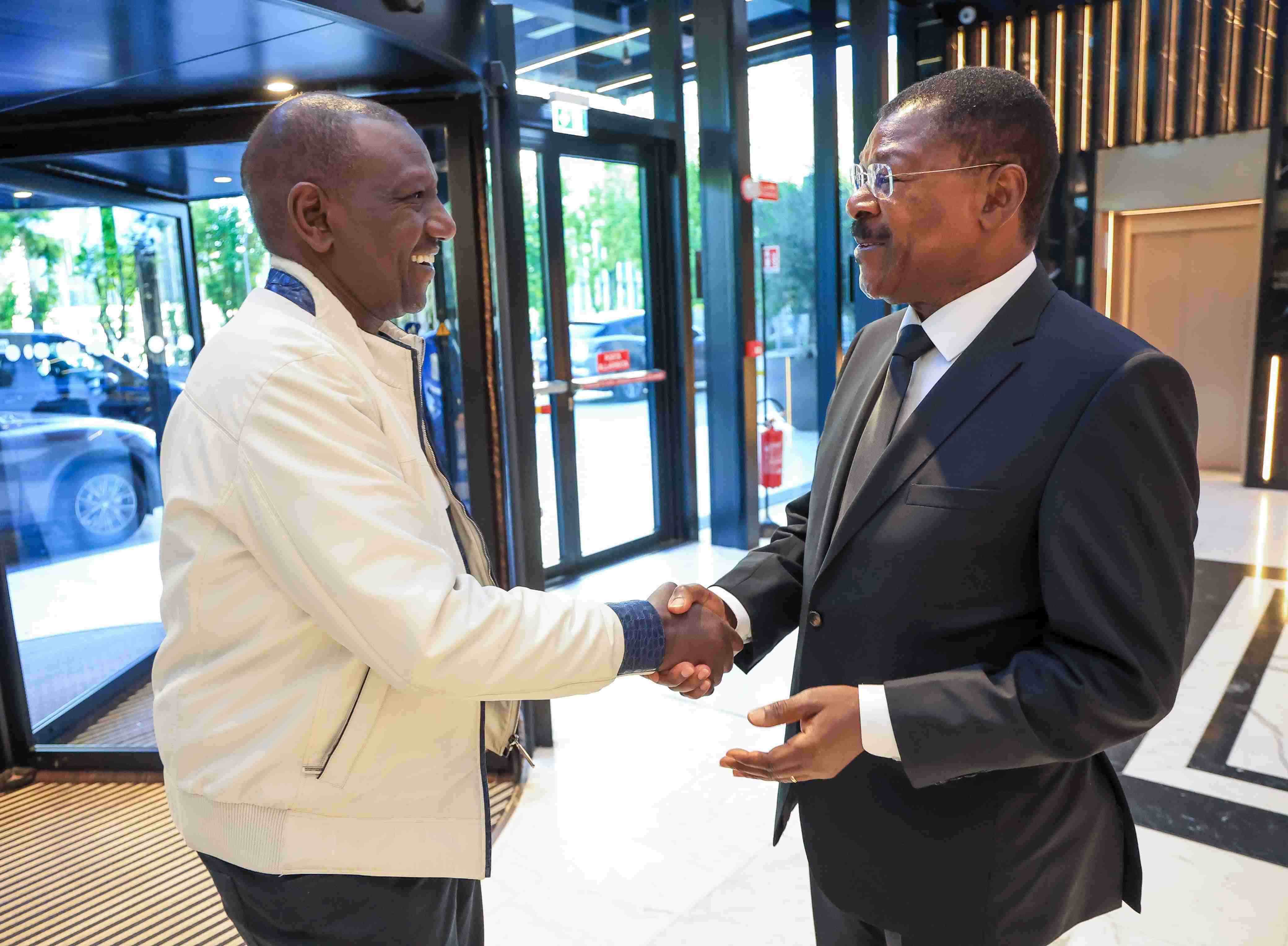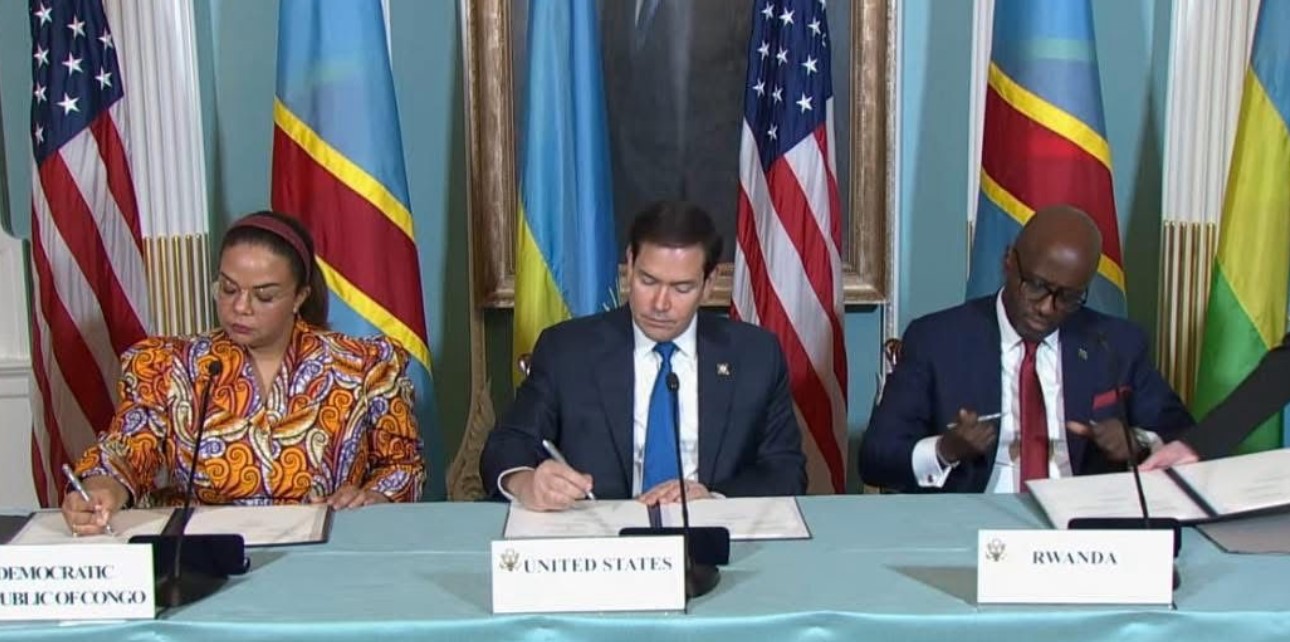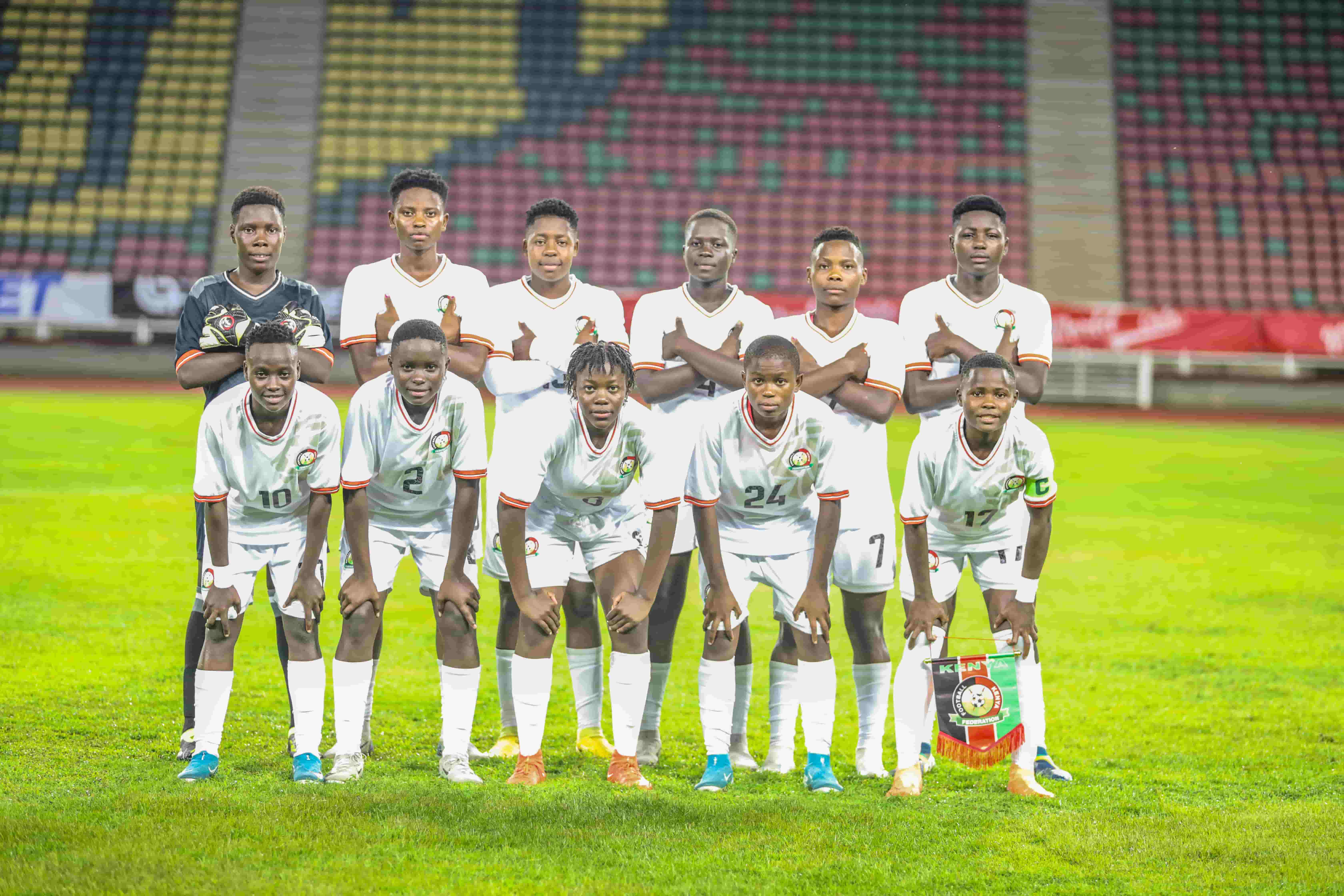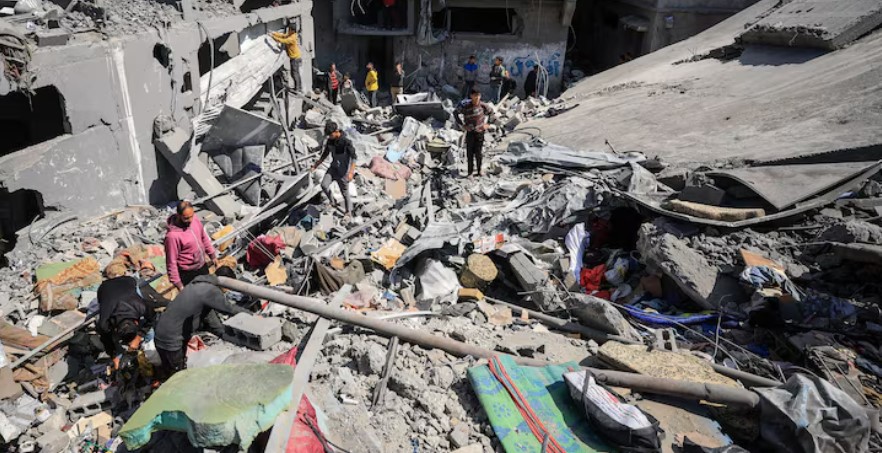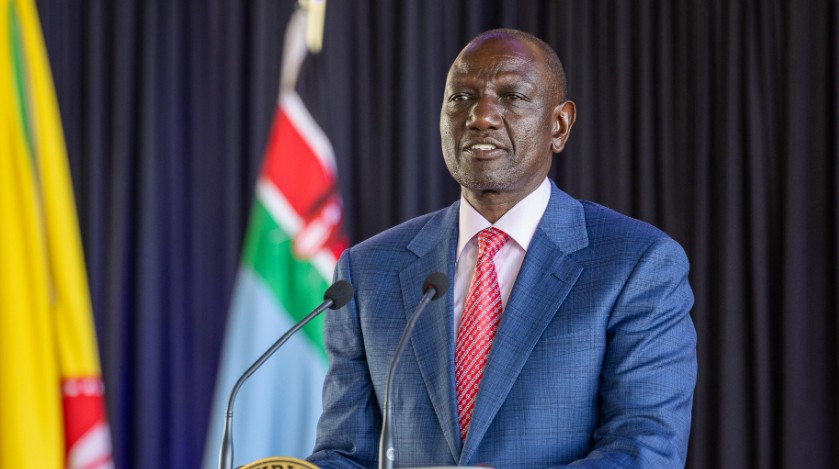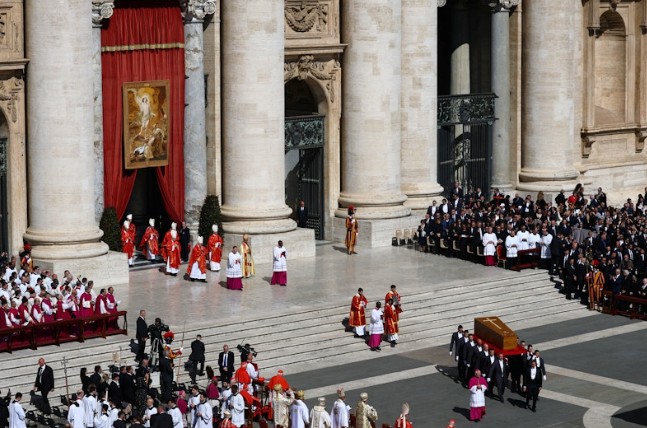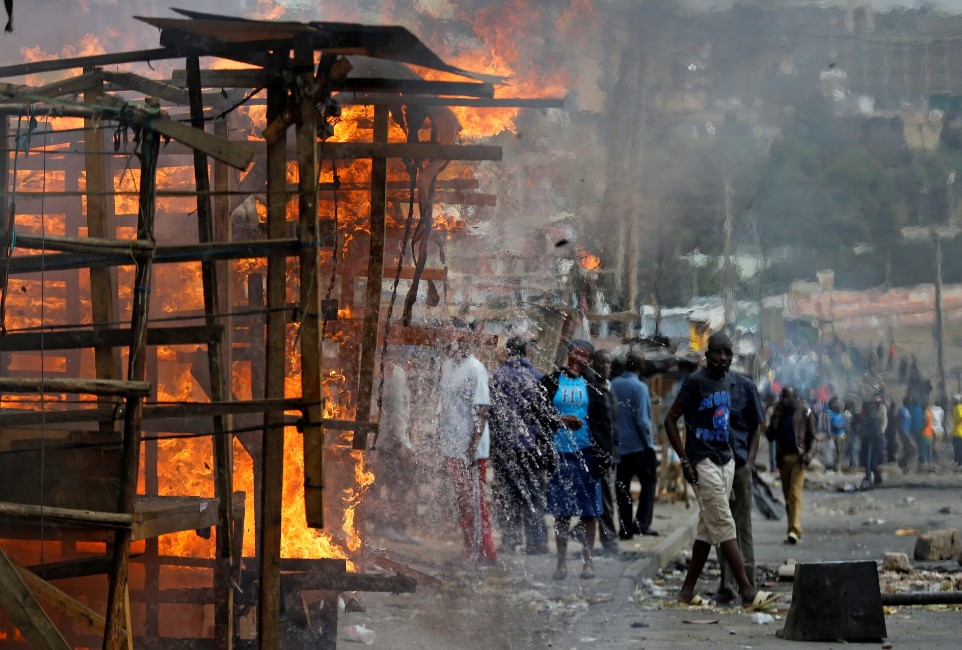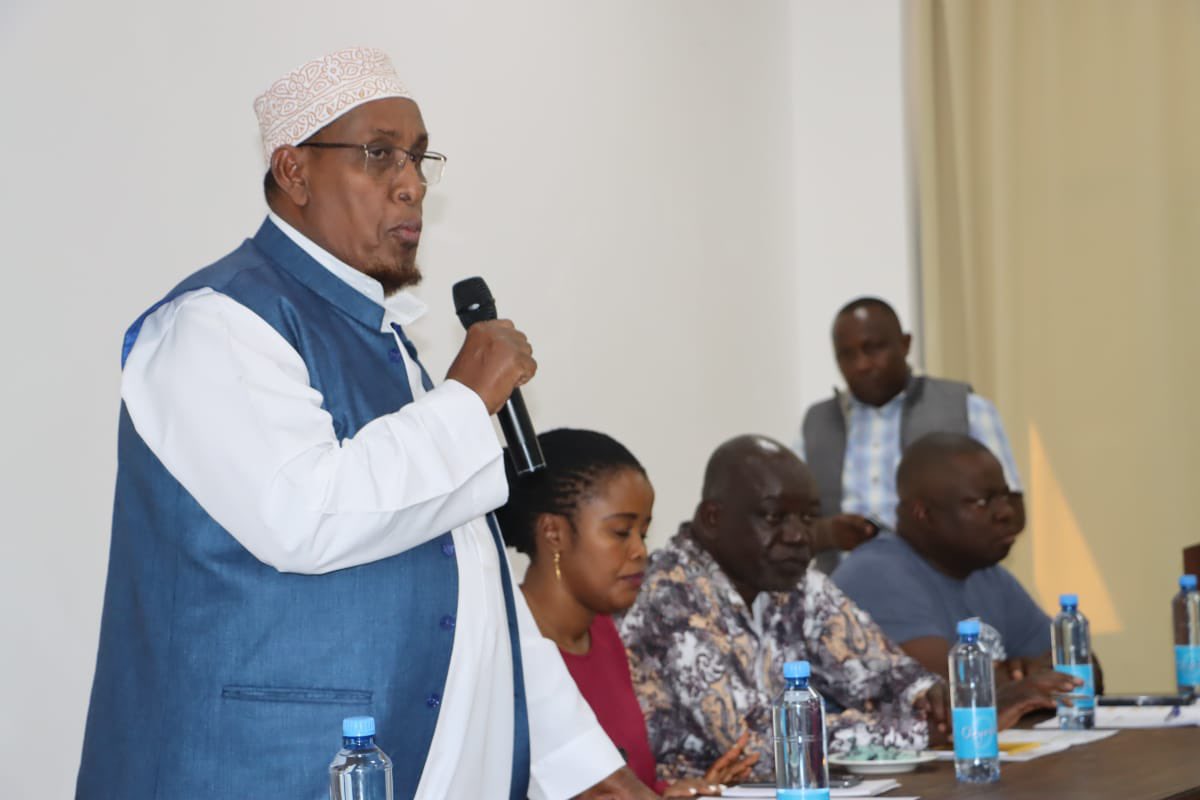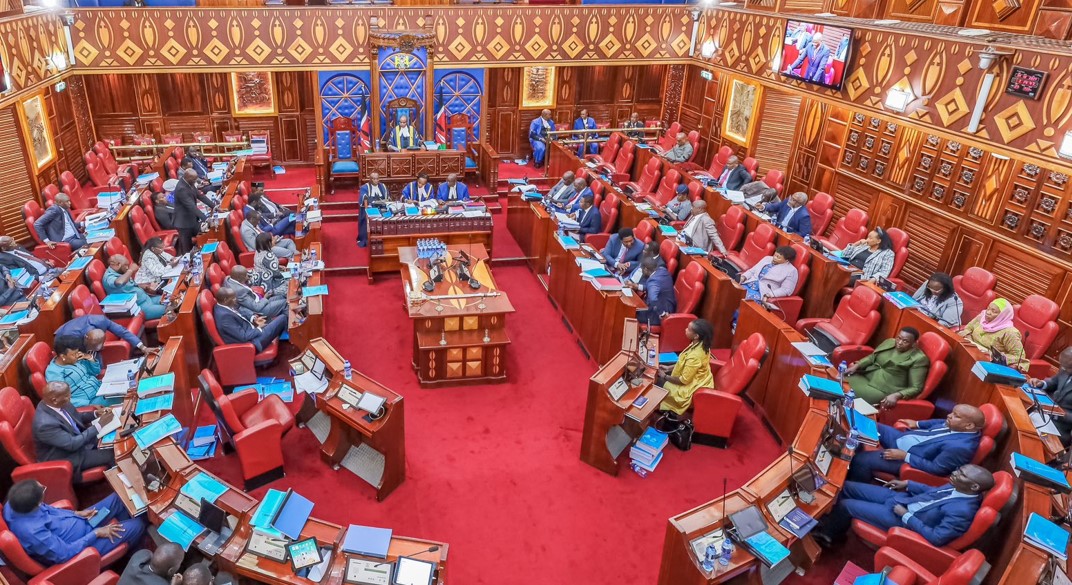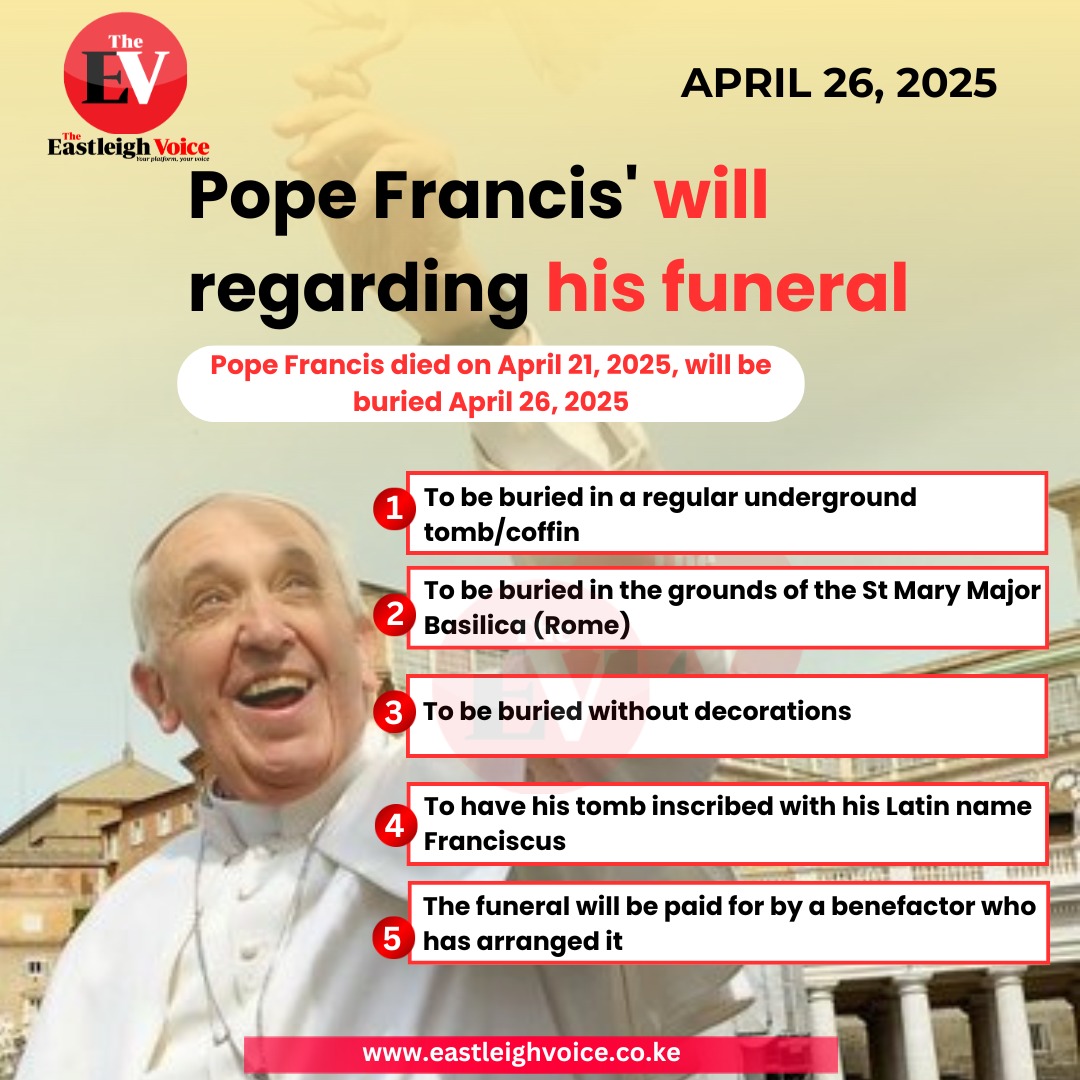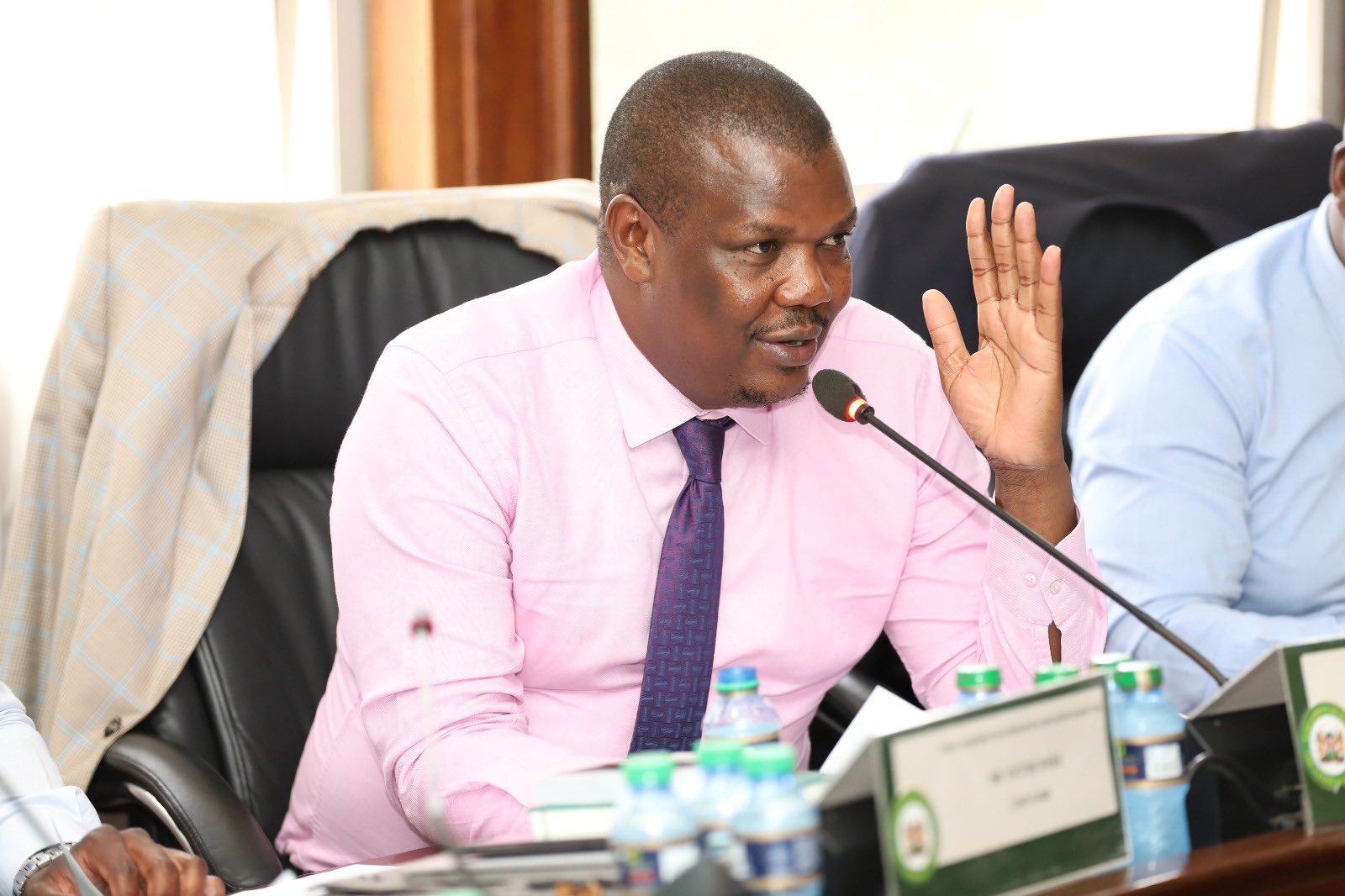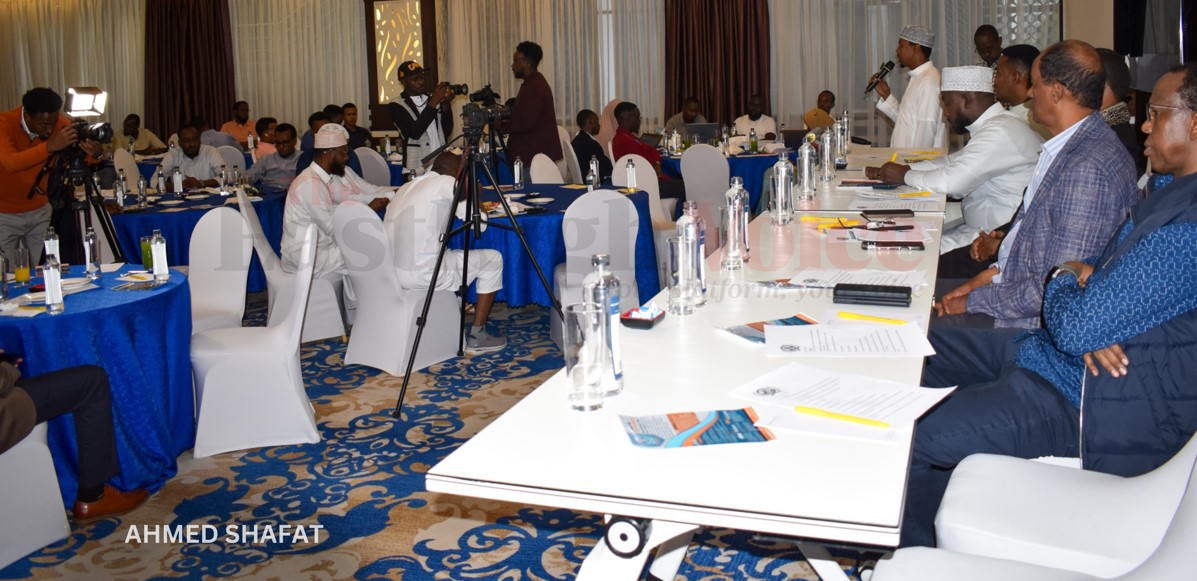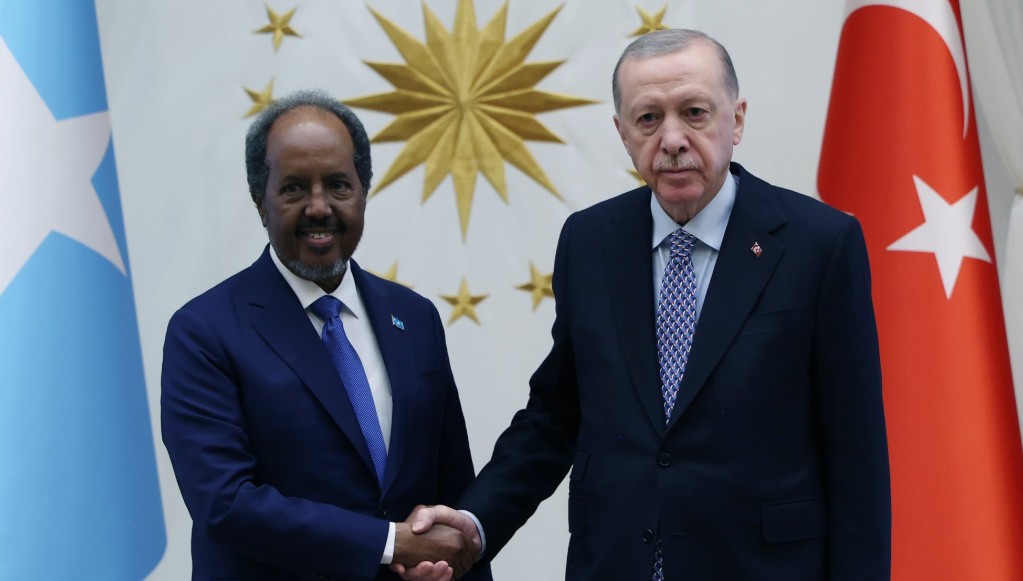Forgotten Mau Mau freedom fighters and impeached DP Gachagua that stood up for them
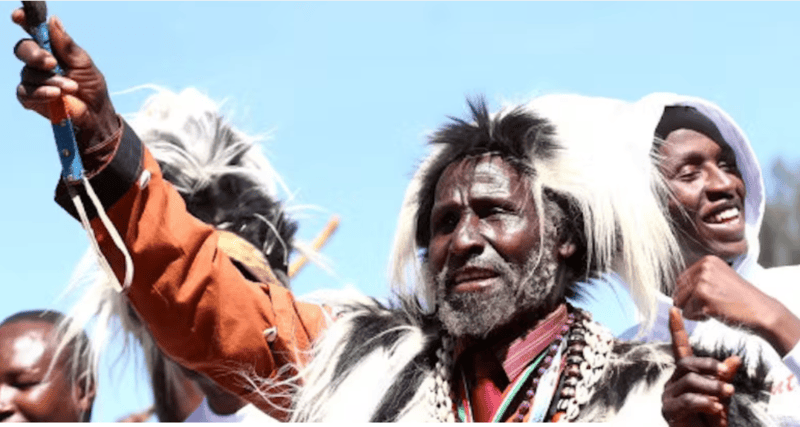
Kenya’s former Deputy President styles himself as a “son of the Mau Mau”. Before his impeachment, he was increasingly vocal about the injustices faced by Mau Mau veterans and their descendants.
Kenya’s ousted deputy president, Rigathi Gachagua, who was impeached in October 2024, established his name early enough as a forceful politician unafraid to take a stand. T
hese include his aggressive push for justice for Mau Mau ex-freedom fighters and those who survived them. Landless veterans of the guerrilla war against British colonialists were infamously left out of the post-independence stakes as the new government pledged to forgive and forget the exploitative colonial past.
More To Read
- DCI boss warns Gachagua against politicising security matters after assassination claims
- Gachagua claims life in danger as he lists 6 'planned' attacks in 5 months
- Fresh twist in Mwiki church violence as police summon five MPs allied to Gachagua
- Ruto’s Kosovo recognition is tied to business interests -Gachagua
Benson Waiganjo Kanyingi, who has studied land grievances among the ex-freedom fighters and the silenced history of the Mbeere ex-freedom fighters in Embu county sets out the four things to know about Gachagua’s direct challenge to the very foundations of Kenya’s post-independence order.
1. Kenya’s post-independence status quo
The Mau Mau struggle stemmed out of the harsh and exploitative policies of the British colonial government which ruled Kenya from 1895 until the country’s independence in 1963. The armed rebellion began with oathing ceremonies in the Rift Valley. It quickly spread from there across settler-occupied regions to remote regions in Mbeere, bordering Mount Kenya.
In 1956, after four years of armed resistance, the Mau Mau movement was dealt a blow by the capture and execution of its leader Dedan Kimathi. This was thanks to infiltration by British intelligence and Africans working on their side who became known as loyalists.
But the momentum led inevitably to Kenya’s independence in 1963. There was hope therefore that Mau Mau veterans would be allocated land and government jobs. But the founding president Jomo Kenyatta from December 12, 1964, to August 22, 1978, chose a radically different path. Aware of the communal animosities towards the British and their loyalists, Kenyatta proclaimed a policy of “forgive and forget” the past.
Kenyatta aimed to build an inclusive government and protect the young country’s fragile national unity. In practice, his government was filled by former colonial loyalists, who also benefited most from the post-independence land policy. No land would be allocated to the dispossessed, Kenyatta declared. And the hold-out Mau Mau fighters still in the forest would face prosecution as enemies of the state.
This narrative was further solidified by Daniel Arap Moi’s administration who ruled from August 22, 1978, following the death of President Jomo Kenyatta until December 30, 2002. President Moi emphasised reconciliation over historical accountability.
Nonetheless, the aftermath of the Mau Mau struggle simmers on. Under President Mwai Kibaki’s government (2002–2013), a significant shift was witnessed in the treatment of Mau Mau veterans. In 2003, he lifted the 1952 ban on the movement. This allowed veterans to organise freely and advocate for their rights.
Secondly, the unveiling of a bronze statue of Dedan Kimathi in Nairobi in 2007 was a powerful symbol of the government’s acknowledgement of their struggle. Despite these symbolic gestures, Mwai Kibaki government did not implement significant land redistribution to address the Mau Mau veterans’ longstanding grievances over land dispossession.
In my own recent research, I have encountered hostilities towards those who were perceived as collaborators among some communities. In another study, we found that the demand for land redistribution is still widespread.
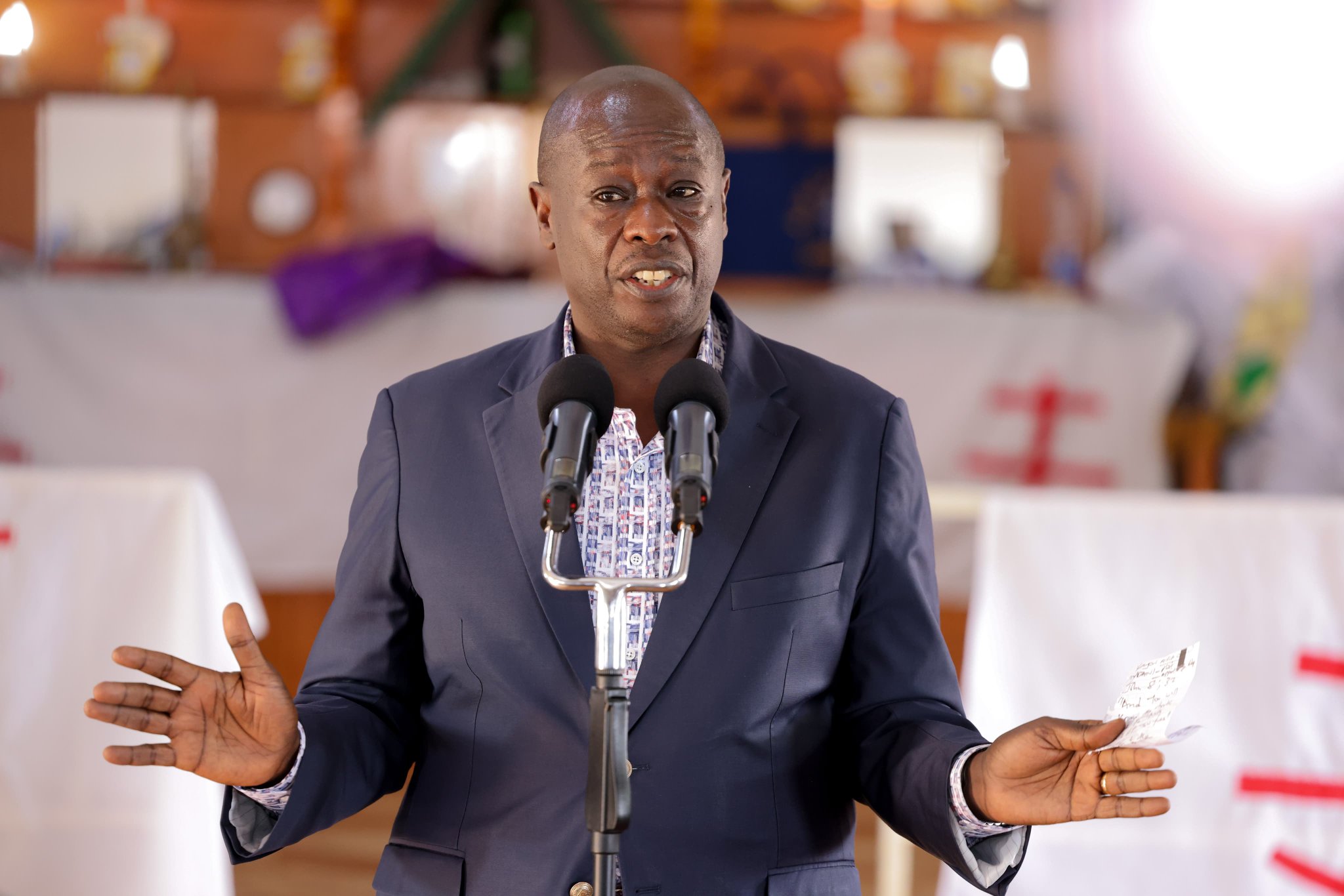 Former Deputy President Rigathi Gachagua speaking during a church service in Murang’a on Sunday. (X/Rigathi Gachagua)
Former Deputy President Rigathi Gachagua speaking during a church service in Murang’a on Sunday. (X/Rigathi Gachagua)
2. Historical injustices
During the colonial period, approximately 7.4 million acres of fertile land were alienated by the British. The original owners were forced off their land and some – such as the Kikuyu, Embu and Meru of central Kenya – confined in reserves as farm labour.
At independence, much of the appropriated land was not given back to its owners. Instead, the ranches, coffee plantations, and other valuable agricultural estates were transferred to influential African elites. They were acquired through government programmes, purchases, or political influence.
I have studied what became of some former freedom fighters after Kenyatta’s pronouncement of “hakuna cha bure” (Kiswahili for “nothing for free”) after Kenya attained independence. Some 5,500 of them formed the Nakuru District Ex-Freedom Fighters Organisation (NDEFFO) in 1968 with the aim of buying land on which to resettle.
NDEFFO was open to all affected ethnicities to purchase land for resettlement across three farms: Marwa, Lusiru, and Engashura. However, this resettlement was not free; veterans contributed monies to acquire the land. The resettlement status of veterans from other communities remains largely undocumented, as similar associations were not formed, leaving their situations less clear.
The self-reliant approach, due to lack of government support, marginalised Mau Mau veterans who lacked the financial means to buy land. This left many without the resources to secure property and intensified their socioeconomic challenges. Many of their descendants were consigned to a squalid life.
The land question and reparative packages for the ex-Mau Mau remain unaddressed. For example among the 5,500 Mau Mau veterans of NDEFFO, only one person received monetary compensation from the British government.
The Mbeere of central Kenya are also agitating for recognition and compensation for the atrocities they went through in the hands of the colonisers and neighbouring communities.
3. Gachagua’s push for justice
Kenya’s former Deputy President styles himself as a “son of the Mau Mau”. Before his impeachment, he was increasingly vocal about the injustices faced by Mau Mau veterans and their descendants. He also called for the return of land that was never given back to Mau Mau families.
Before any government efforts were undertaken to purchase land for redistribution, he said, those who currently hold land intended for Mau Mau fighters should return it. He emphasised that even half of this land would suffice to benefit Mau Mau families.
Gachagua’s most pointed criticisms have been directed at the Kenyatta family. He has accused the founding president’s family of benefiting from land expropriation and calling them to return portions of it to Mau Mau families.
While Jomo Kenyatta’s family is at the centre of these discussions, they were not the sole beneficiary of land allocations. But, as the first president, he was best placed to address land grievances and implement policies for reform and restitution to communities affected by colonial land expropriation.
Gachagua’s calls resonate with those who still feel aggrieved that sacrifices made have been forgotten in post-independence Kenya.
But if pursued to its end, Gachagua’s radical proposal has the potential to stir political tensions with implications for national stability. It raises the question of whether the country is ready to face its colonial legacy without reopening old wounds. By confronting these sensitive issues, Gachagua is challenging the very foundations of Kenya’s post-independence order.
4. What happens next
It was not until 2003 – 40 years after independence – that President Mwai Kibaki lifted the ban on the Mau Mau and initiated the process of rehabilitating its historic role.
Gachagua’s focus on historical injustices upped the ante with a politically risky stance. Addressing historical grievances, particularly land redistribution, threatens the interests of some powerful families who have benefited from the status quo.
Now that Gachagua is politically sidelined, what does this portend for his calls for Mau Mau justice? Since the start of his impeachment battle, the former deputy president has been more preoccupied by his political survival. He was impeached by Kenya’s senate on five of 11 charges levelled against him in Parliament. The grounds included insubordination of the president and “gross violation of the constitution”. He has hinted at a run for the presidency when elections come up in 2027.
It’s unclear yet whether Gachagua’s impeachment also dealt a body blow to his pro-Mau Mau push. But he did for a moment in history highlight a dark corner of Kenya’s status quo if not the political risks of addressing past grievances.
Top Stories Today

